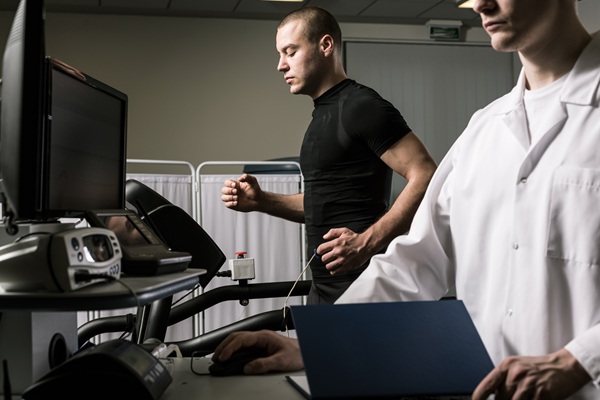Caring for Your Most Vital Organ: The Role of a Heart Doctor

Visiting your heart doctor for regular checkups can help keep the most important organ in your body in top shape. Research shows that the heart is the engine that keeps the body going. It pumps oxygenated blood to every part of your body. That is why having a cardiologist in your life is necessary, especially as you age. Here are the details about the role of your heart doctor in maintaining your health.
What a heart doctor is
This type of physician addresses issues with heart health. This includes the blood vessels that the heart supplies. The extra years of training and education make them capable of handling any type of cardiovascular condition. The constant learning opportunities equip a cardiologist with theoretical and practical knowledge. A patient who needs guidance in managing proper heart health must turn to a heart doctor.
What a heart doctor does
This heart care provider can diagnose and treat conditions like high blood pressure and heart valve problems. Ordering diagnostic exams like computed tomography, electrocardiograms, and echocardiograms can help provide correct diagnoses. After a diagnosis, a heart doctor can prescribe and order medications for the patient. Recommending a heart-healthy diet and exercise routine is also part of the patient’s treatment.
A heart doctor will perform a complete physical exam. Discussing the symptoms, family history, and medical history with the patient is necessary. The cardiologist must know if other members of the family have or have had heart issues. If there is such a history, then the patient has a higher risk of developing a heart ailment. The heart doctor will need the following information:
- Blood sugar levels
- Cholesterol levels
- Weight
- Blood pressure
- Exercise routine
- Eating habits
- Drinking and smoking habits
- Medications and supplements
Seeing a heart doctor
A referral to a heart doctor is necessary if the primary doctor spots a problem with the patient’s blood vessels or heart. Dizziness, shortness of breath, and chest pains indicate the need for this type of doctor. Keeping an eye on the patient’s condition is part of a heart doctor’s job. This often results in years of working with the patient.
The appointment
Listening to the heart is part of the checkup. The sound a heart doctor hears can tell if the patient’s blood flows correctly through the heart and the blood vessels. It can also tell the doctor if there is an irregular rhythm. The patient should be prepared to answer questions about family members with heart issues. This interview can tell the heart doctor about the possible heart ailments that the patient may develop.
Some doctors write referrals to diagnostic centers or hospitals. These facilities have the proper equipment to test heart patients. The tests may take some time to complete. Other cardiologists have their own electrocardiograms. Their patients do not need to go somewhere else to have a heart rhythm reading.
A heart doctor can help maintain or improve your current heart health
Your heart is the busiest organ in your body. It pumps even when you are asleep. That is why it needs proper care. Seeing your heart doctor for regular checkups can help you achieve good heart health. Working with your cardiologist will allow your body to perform well as you age.
Get more information about Florida Premier Cardiology in Boynton Beach at https://boyntonbeach.floridapremiercardio.com.
Check out what others are saying about our services on Yelp: Heart Doctor in Boynton Beach, FL.
Recent Posts
A cardiac stress test is a diagnostic tool to evaluate how well the heart performs under physical stress. Cardiologists use this test to detect underlying cardiovascular conditions, monitor treatment progress, or assess the risk of future heart complications. Cardiac stress tests are essential in the early detection and management of heart disease.A cardiac stress test…
Peripheral arterial disease affects blood flow in the arteries, most commonly in the legs. It develops due to plaque buildup in the arteries that causes them to narrow and restrict circulation, possibly leading to discomfort, difficulty walking, and other serious complications. Recognizing the symptoms early and exploring treatment options can help improve the quality of…
Receiving cardiovascular treatment is a critical step in managing heart health, but recovery and long-term are equally vital to ensure long-term wellness. Whether the treatment involves medication management, interventional procedures, or surgery, maintaining a relationship with the cardiologist and following their recovery guidelines is crucial. A structured follow-up plan allows patients to maintain the benefits…
An echocardiogram is a common and painless test that helps doctors evaluate heart health. This test uses sound waves to create images of the heart, allowing cardiologists to examine its structure and function. Many people feel nervous before a medical test, but understanding what to expect can help reduce stress.An echocardiogram is a diagnostic test…


